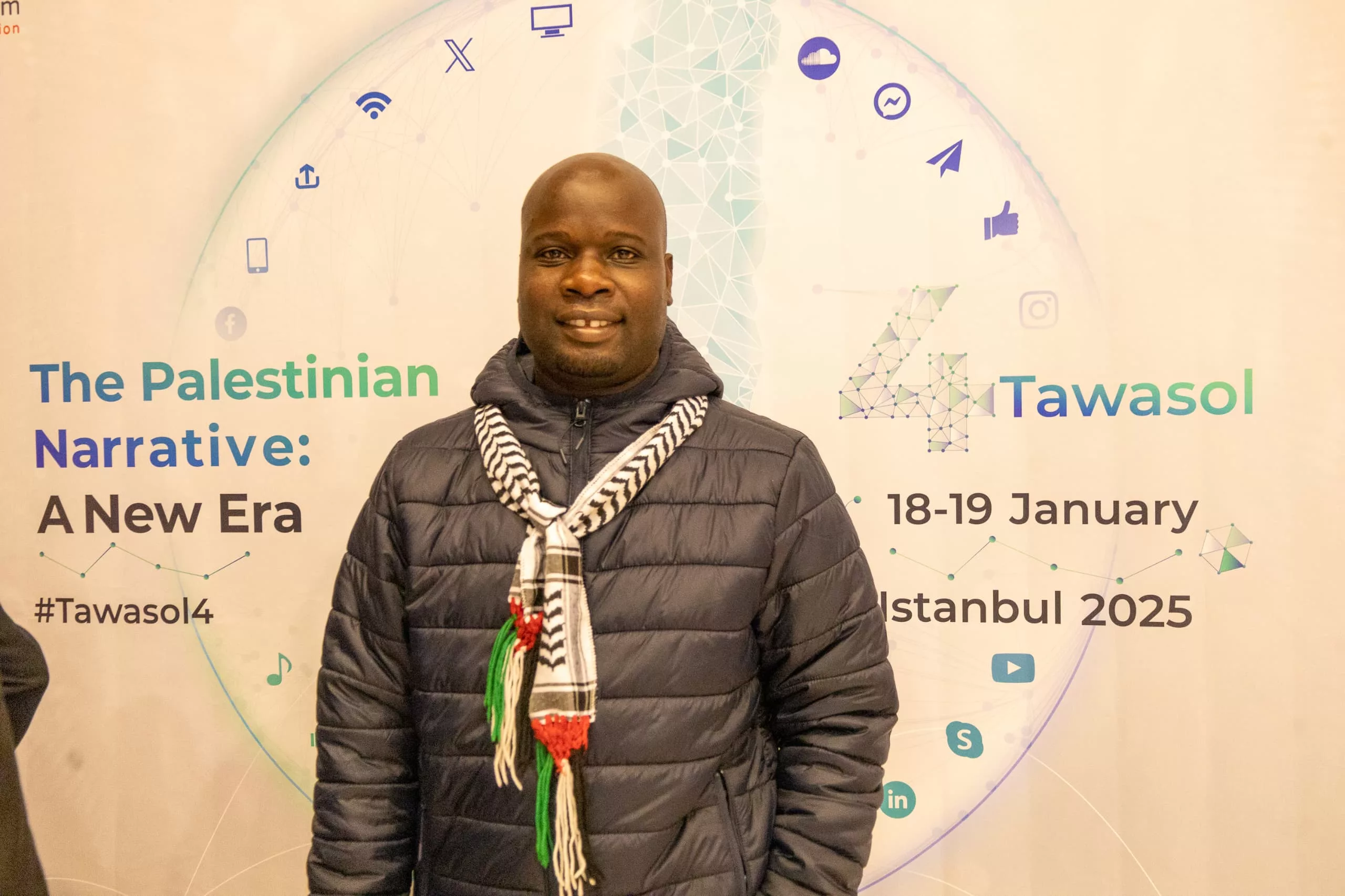|
Getting your Trinity Audio player ready...
|
Writes Munyaradzi Munaro in Turkey
As I stepped into the Tawalso conference in Turkey, I was met with a sense of urgency and determination. The theme, “The Palestinian Narrative: The New Era,” resonated deeply with the over 700 delegates from 53 countries gathered to discuss the pressing issues surrounding the Palestinian narrative in the media. The timing of the conference couldn’t have been more poignant, coinciding with the ceasefire that had just taken effect. The atmosphere was electric, with a shared understanding among delegates that the ceasefire marked a significant military failure for Israel, which had shamelessly ravaged Gaza for over a year.
The conference delved into the intricacies of the Palestinian narrative in the media, highlighting the stark contrast between the reality on the ground and the skewed representation in mainstream media. Panelists and speakers emphasized the need to reclaim the narrative, to humanize the Palestinian struggle, and to shed light on the atrocities committed by Israel. The Zionist narrative, once dominant, was now being challenged, and the dynamics and catalysts of its downfall were being dissected and analyzed.
A recurring theme throughout the conference was the immense responsibility that rested on the shoulders of the global journalistic and media community toward their colleagues in Palestine. The delegates unanimously agreed that the international community had a moral obligation to amplify the voices of Palestinian journalists, who risk their lives daily to report on the brutal occupation. The silence of the international community was seen as complicity, and journalists and media outlets needed to take a stand against the oppression of their Palestinian counterparts.
The ceasefire, though a welcome respite, was not seen as a victory, but rather a temporary reprieve from the relentless bombing and genocide. The delegates were acutely aware that the cessation of hostilities was merely a pause in the ongoing struggle for Palestinian liberation. The conference served as a clarion call to action, urging journalists, media outlets, and the international community to recognize the Palestinian narrative as a fundamental human rights issue.
As I listened to the impassioned speeches and engaged in intense discussions, I was struck by the sense of solidarity and unity among the delegates. The Tawalso conference was more than just a gathering of like-minded individuals; it was a testament to the power of collective action and a commitment to challenging the status quo. The Palestinian narrative, once marginalized and silenced, was now being reclaimed, and its voice was growing louder by the day.
Journalists in Gaza were also honoured. It is important to note t that over 200 journalists have been killed in Gaza by the Israeli forces. Their targeted killing aims to silence independent reporting and prevent the world from witnessing the full extent of the suffering inflicted on the Palestinian people. Hence there is a need for a shift in amplifying the Palestinian narrative in this new era.
The Tawalso conference marked a significant turning point in the struggle for Palestinian liberation. The ceasefire may have been a military failure for Israel, but it was also a stark reminder of the need for sustained international pressure and support for the Palestinian people with the media playing a bigger role in revitalizing the Palestinian narrative clarifying the cause and affirming the rights of oppressed people of Palestine. The new era has begun.






